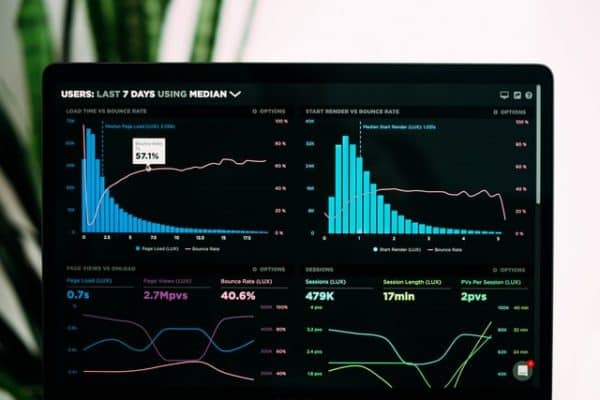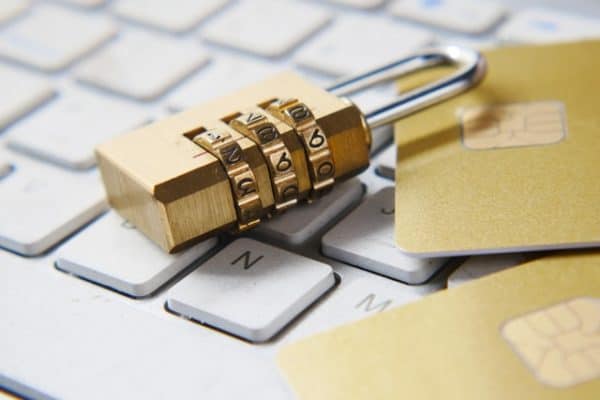
Cybercrimes and scams happen almost daily across the world. Imagine clicking on a certain email attachment, and the company’s data and the entire network becomes encrypted with a virus, and now your company or the organization you work for is forced to pay in order for the attackers to decrypt it.
The aftermath of those attacks is becoming serious, with some experiencing PTSD, anxiety, or depression. Unless you resort to Ayahuasca retreats California, these mental conditions can get serious.
But if this hasn’t happened to you yet, you might want to keep your business data. Some of the best practices you can consider to achieve the goal are:
1. Resort to Encrypting Everything
Hackers can easily breach your cybersecurity defenses. They can trick you into clicking phishing email attachments or slipping past the firewall. But they will need to read your business data in order to misuse or sell it.
Encrypting your business data serves as the best defense mechanism against a security breach. Even when hackers copy, expose, and escape with customer data, an encrypted database may mean nothing to them. Without encryption keys, even successful hackers will only end up with thousands of unreadable files.
Microsoft also supports encryption and makes it simple to encrypt different aspects of business, and this includes email in transit or at rest.
2. Use Stronger Passwords
Passwords are basically the key to every important data of your business, and you might want to keep them safe as much as possible.
Using weaker passwords may mean securing data with very weak locks. Through different kinds of cyberattacks, hackers might break those locks in due time.
Consider using complicated and long passwords for your business accounts. A perfect way to secure passwords is to use a password manager. This tool can keep the passwords protected and enable you to remember them.
3. Comply with the Privacy Regulations
Industry, local, state, and federal privacy regulations are there to protect every customer. Your business will also benefit when client data is safe.
You have to comply with applicable privacy regulations in order to avoid prosecution and penalties. It will also be in your best interest, as it will enable you to maintain a good reputation and establish a healthy relationship with customers.
A breach of data can stop the operations of your business. It might result in lawsuits from every angry customer and cause negative reactions about your business.
So your bare minimum practice needs to comply with privacy regulations by implementing computer security measures and proper network.

4. Secure the IoT Technology
IoT (Internet of Things) devices are becoming popular in industrial buildings and offices. They have many functions, and you may use them to manage the building’s lighting, track the performance of your heavy-duty machinery, and adjust HVAC systems.
These devices are also somehow hard to secure. Different security settings and firmware may make the one-size-fits-all approach to the safety of IoT less practical.
Final Remarks!
Cybersecurity attacks may result in massive disruptions and irreparable damages to your company. But still, as damaging digital threats might be, you can easily prevent them if you employ the best practices to keep your business data protected and safe.
 Gearfuse Technology, Science, Culture & More
Gearfuse Technology, Science, Culture & More


